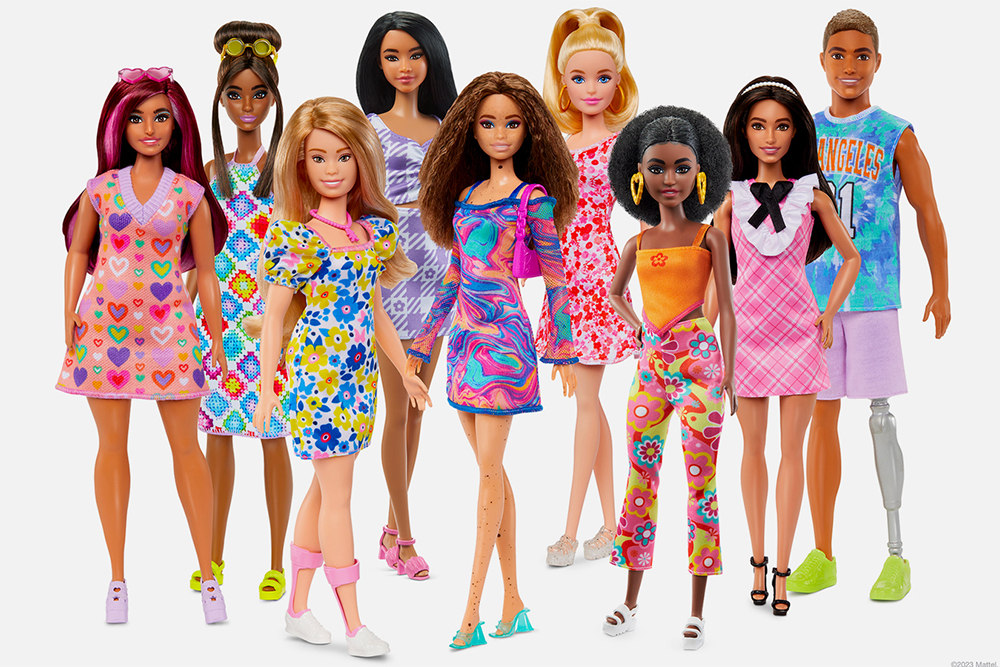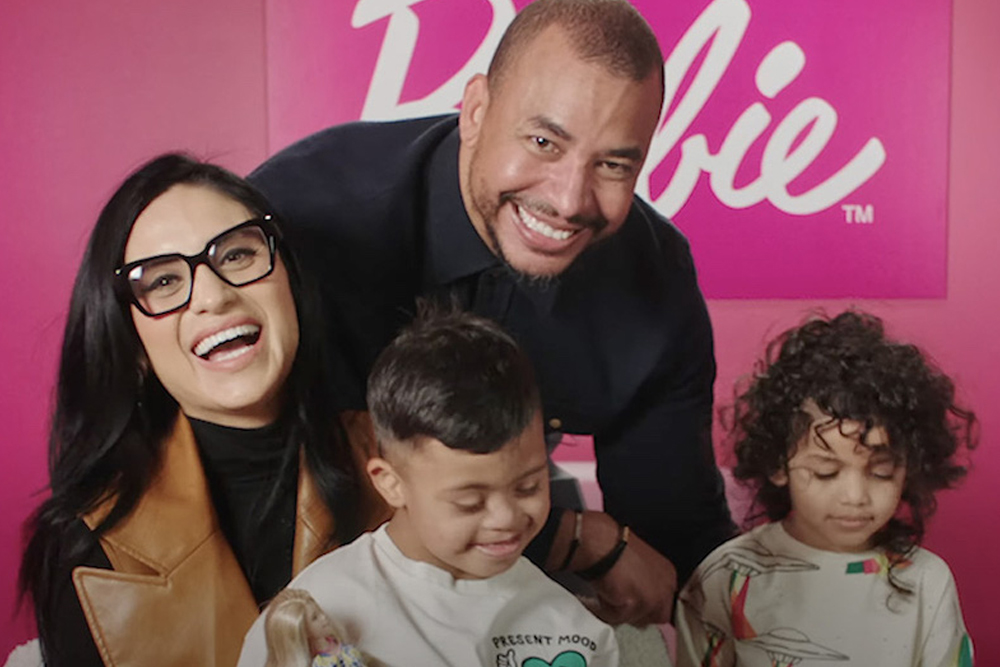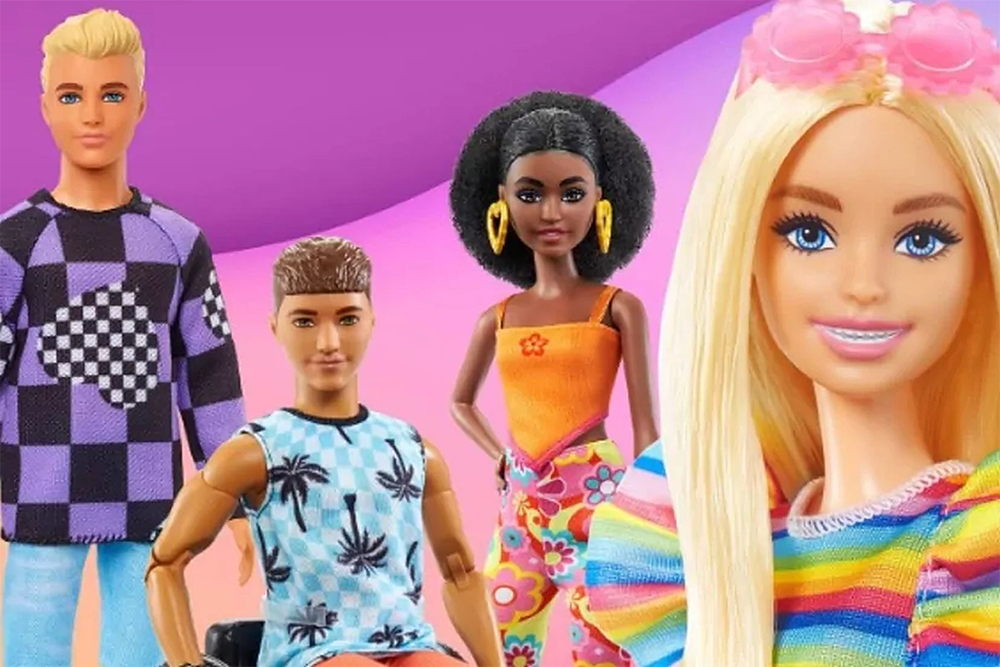
Mattel, the US toy company behind the iconic Barbie doll, has released a new doll with Down's syndrome in an effort to diversify its range and better represent real women. The company has previously faced criticism for promoting unrealistic beauty standards through its traditional Barbie doll. In response, Mattel has created dolls with prosthetic limbs, hearing aids, and wheelchairs. The company aims for all children to see themselves in Barbie and play with dolls that do not look like themselves.
The original Barbie doll launched in 1959 with long legs, a tiny waist, and long blonde hair. However, academics from the University of South Australia suggested that the likelihood of a woman having Barbie's body shape was one in 100,000. Some campaigners have called for Barbie to represent a more realistic body image, while people with disabilities have stated that the dolls were not relatable.

In 2016, Mattel released Curvy Barbie, Tall Barbie, and Petite Barbie, as well as a wide range of skin tones reflecting many different ethnicities. Lisa McKnight, the global head of Barbie & Dolls at Mattel, hopes that the new doll with Down's syndrome will help "teach understanding and build a greater sense of empathy, leading to a more accepting world."
Mattel worked closely with the US National Down Syndrome Society (NDSS) to ensure that the new doll accurately represented a person with Down's syndrome. The doll has a shorter frame and a longer torso, and its face is rounder with smaller ears, a flat nasal bridge, and almond-shaped eyes, which can all be characteristics of women who have the genetic condition. The puff-sleeved dress is yellow and blue, colors associated with Down's syndrome awareness. The doll also wears pink ankle foot orthotics to match its outfit, as some children with Down's syndrome use orthotics to support their feet and ankles.

NDSS President and CEO Kandi Pickard stated that it was an honor to work on the project, saying, "This means so much for our community, who for the first time, can play with a Barbie doll that looks like them. We should never underestimate the power of representation. It is a huge step forward for inclusion and a moment that we are celebrating." British model Ellie Goldstein, an advocate for inclusion, visibility, and understanding of people with Down's syndrome, expressed her overwhelming joy upon seeing the doll. "Diversity is important," she said, "as people need to see more people like me out there in the world and not be hidden away."

















